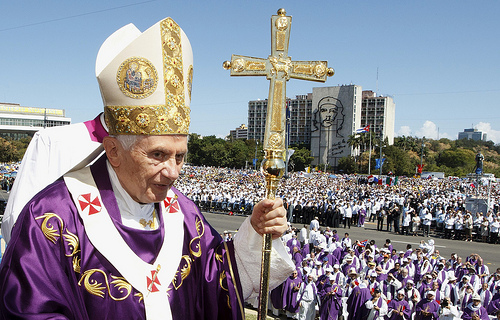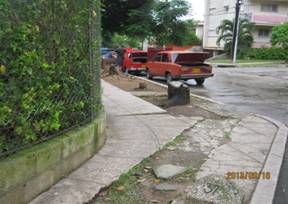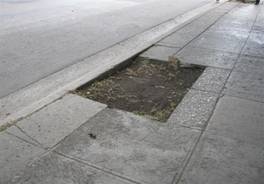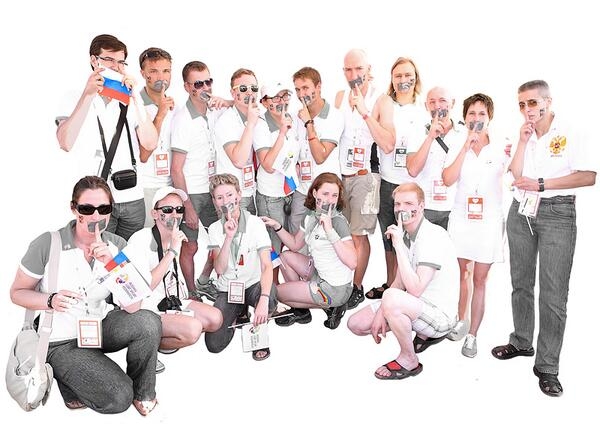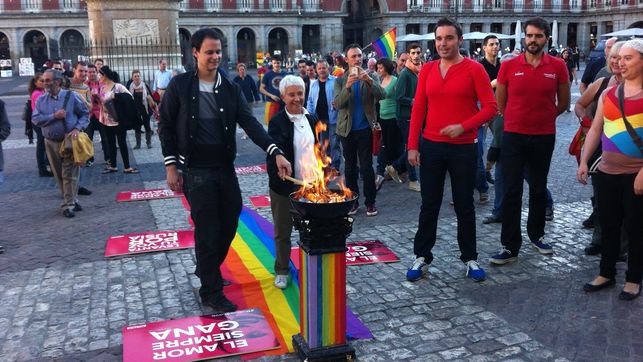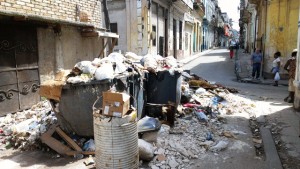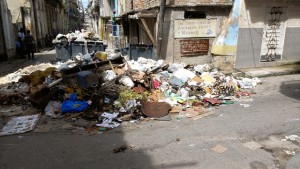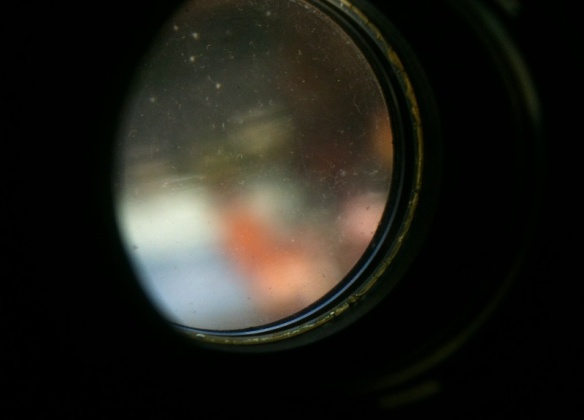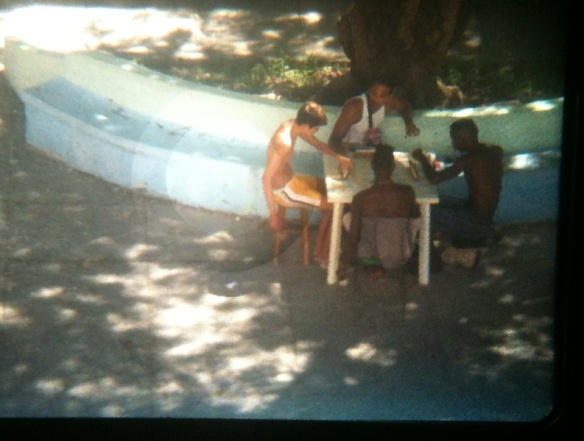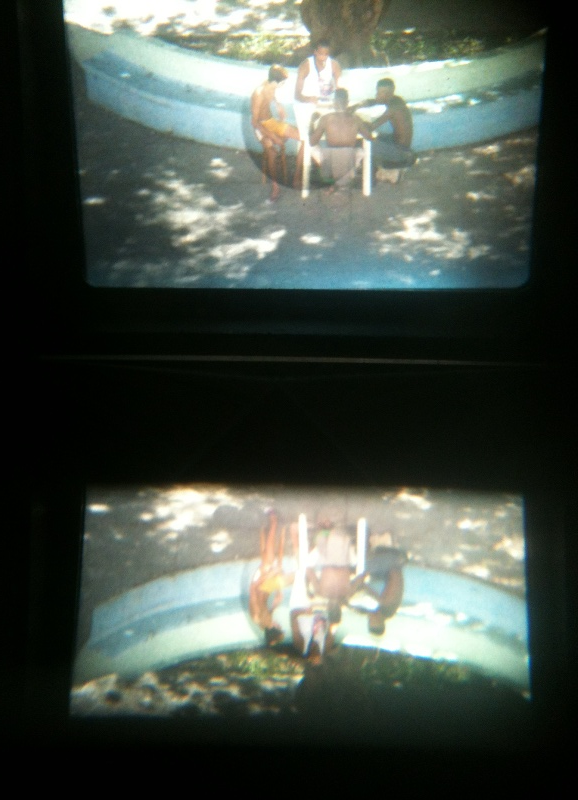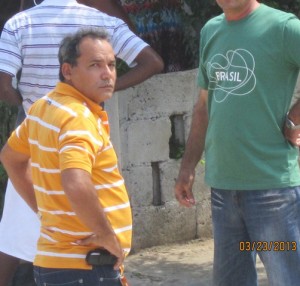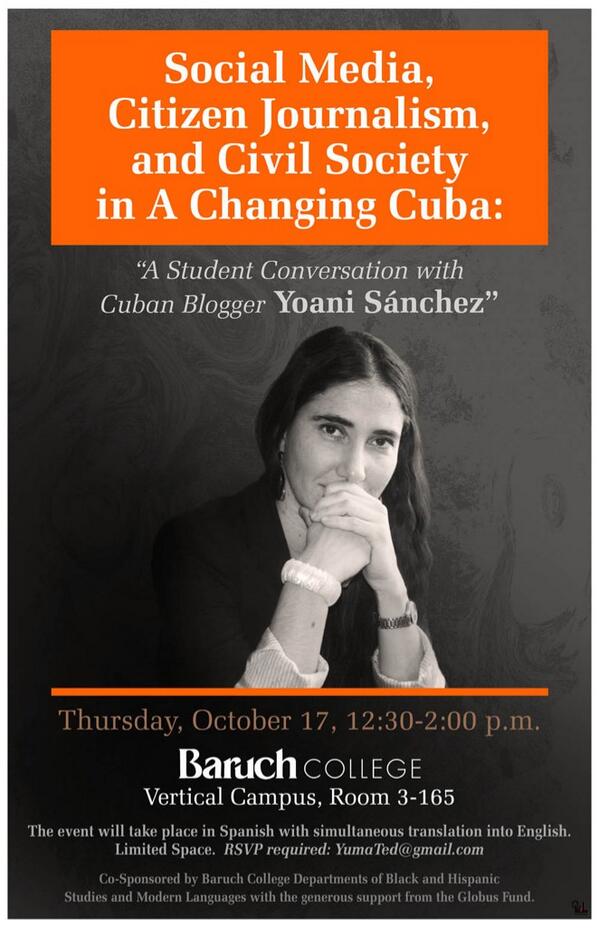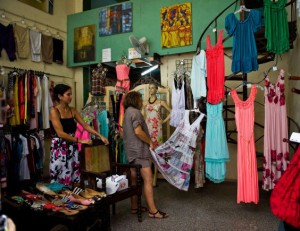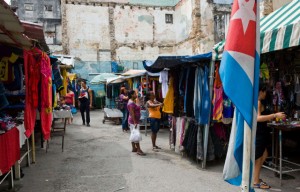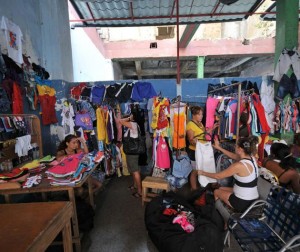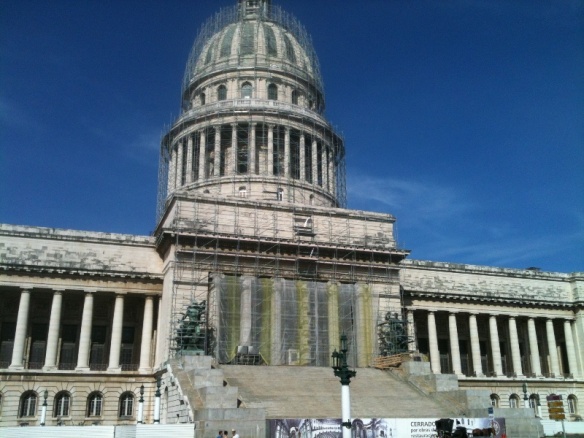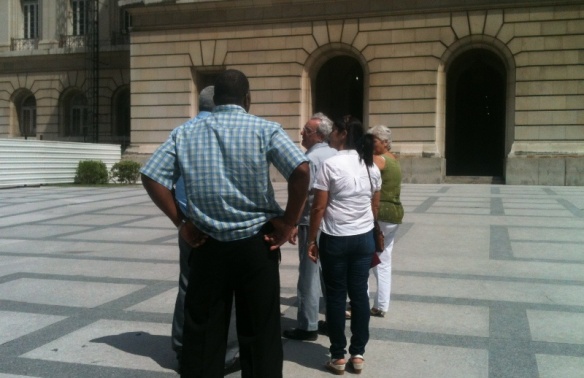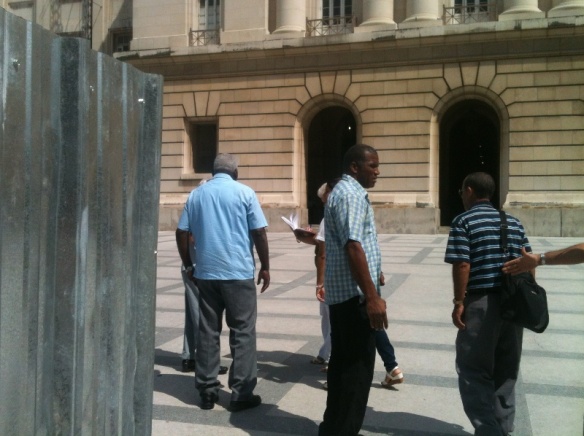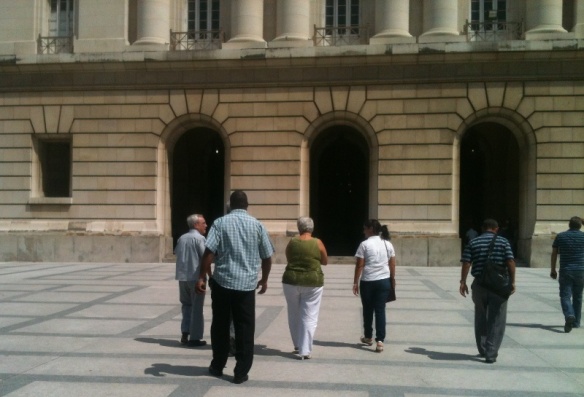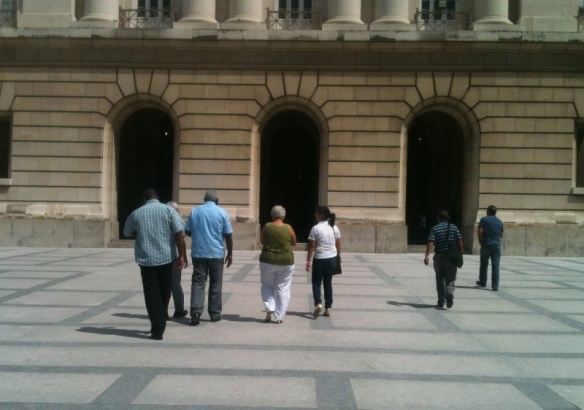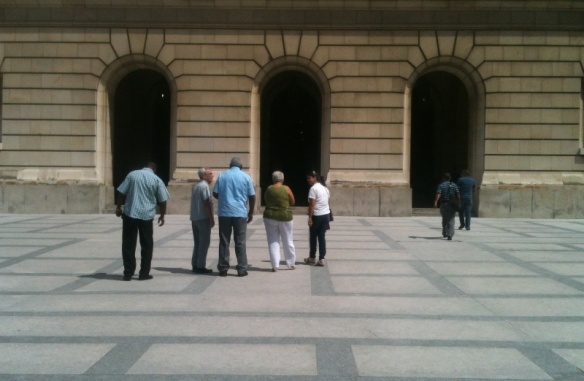Ángel remains imprisoned in Cuba, make no mistake about it. He continues to hope that his case will be reviewed. However his jailers could not prevent his presence crossing the Atlantic in order to walk freely through the streets, squares, parks and cultural institutions of Berlin.
This Friday the 13th, a date which many consider to be a bad omen, Berlin played host to a true act of literary justice. To the intention of the dictatorship to silence the voice of Cuban writer Ángel Santiesteban, the dictatorship received a devastating response: from Thursday afternoon and all day Friday, in different cultural centers of the city where activities were carried out as part of the International Festival of Literature, hundreds of copies of the document, “Short history of injustice”, were distributed, where it explains Ángel’s case to the invited writers, the international media and to the thousands and thousands of Germans and foreigners who attended what is considered the most important Literary Festival in recent years.
Thus at 7.30 pm, the main room of the Cervantes Institute was packed with the general public, most of whom were German although the presence of numerous Latin Americans was also noted, all interested in knowing the version of the events which would be offered by the Cuban writers José Manuel Prieto, Jorge Luis Arzola and Amir Valle, moderated by the prestigious German editor Michi Strausfeld.
The short introductory words of the Spaniard Francesc Puértolas, Head of Cultural Activities at the Cervantes Institute, made clear reference to the position of this institution to be a plural space where freedom of opinion is respected, regardless of the ideology that that opinion represented.
His words were a very brief response to another disrespectful Cuban government maneuver, through the “useful idiots” who are used outside Cuba to try to stop the campaigns denouncing the rottenness of the dictatorship. In this case, the German foundation “Netzwerk Cuba“, which brings together various associations which support the Cuban dictators, wrote an open letter in which it accused the Cervantes Institute of hosting a promotion of culture which was biased in favor of those who were serving the United States in their attacks on Cuba. In one of the paragraphs in the document, where a few historical truths are mixed with a lot of lies, they resorted to the hackneyed accusation that figures like Yoani Sánchez and Amir Valle were following agendas which had been formulated by the U.S. government in their plans against the island.
After the editor Michi Strausfeld explained to those present the personal and professional reasons why she had decided to get involved in the defense of Angel, she gave the floor to the writer Amir Valle to explain, in detail, the infamous trial for which Angel is now jailed. Valle began by apologizing to the Cervantes Institute on behalf of himself and his colleagues, because he considered the unfair letter of “Netzwerk Cuba” as offensive and disrespectful; a letter which was blatantly lying by stating that the Institute offered a partial image in favor of the enemies of the “Cuban Revolution” because earlier this year it served as a venue to meet in Berlin with the blogger Yoani Sánchez and now they hosted activity to talk about violations against freedom of expression in Cuba.
Valle said that this accusation was contradicted by the simple fact that the Cervantes Institute, on numerous occasions, had hosted Cuban writers and intellectuals who had spoken in favour of the regime, among whom he mentioned the president of UNEAC (Cuban Writers and Artist Union), Miguel Barnet and the recent Cuban National Literature Prize winner, Leonardo Padura. In the heated discussions in the audience at the end of the activity, those present would learn that among others, Cuban writer Nancy Morejon, filmmaker Fernando Perez and artist Arturo Montoto, who have all been praised by the regime, just to mention some of the prominent guests, had been at the Cervantes Institute in recent times.
Afterwards, Valle commented that he was there as a colleague, brother and legal and literary representative of Ángel and, step by step, he described the infernal trap in which the political police hounded the writer after which he decided to go public with his criticism of the system prevailing in Cuba through his blog “The Children Nobody Wanted,” and he reminded those present that the document circulated at the Festival could interest them in discovering all the evidence of the wicked deed.
Michi Strausfeld later read fragments of a letter sent from Cuba by Ángel and gave the floor to the writer Jorge Luis Arzola, who recounted his personal experience with the Cuban political police and he referenced cases similar to Ánge’s, although much less traumatic, such as what happened to the narrator and poet Francis Sánchez when he also decided to open his own blog, receiving so much pressure and threats against him personally and his family that he decided to give up.
Once again, Michi Strasfeld read another letter which allowed the public to know what a day in the life of Ángel as a prisoner of the regime was like. The images described by Ángel, with the same naturalness and visual power which is present in his stories, touched all that were present as they informed Strausfeld, Prieto, Arzola and Valle of such at the end of the activity.
José Manuel Prieto later offered his personal vision of his experience as a writer who can travel to the island (something which neither Arzola nor Valle can do, because the regime has already prohibited their entry) and he concentrated his exhibition on the slow changes which were occurring in the aforementioned rigid and monolithic social and governmental structure, among which, the permissibility which the government was demonstrating towards the emergence of alternative spaces for citizen reflection was unthinkable in years gone by and it also ruled in favour of Ángel’s case being reviewed with true justice.
To close the evenings events, Valle presented a beautiful edition of the book “The Summer When God Was Sleeping”, with which Ángel Santiesteban recently won the Franz Kafka Novel Competition. Valle, to clarify for those who see any project to support those who oppose the regime as CIA-funded, stressed that this was purely a literary award, organized by an information platform (inCUBAtor) that is supported by the Czech NGO ’Libri Prohibiti’, a civic organization that, among other merits of cultural work, has the largest Samizdat library in Europe.
The interest aroused in the audience only further manifested itself just as the activity came to an end: many people approached the writers to ask more about the specific case of Angel and about the situation of freedom of expression in Cuba. “One of the participants approached me with a group of documents we distributed, about twenty of them, and asked me to sign them and told me: ’I will pass these out to several of my colleagues that go to Cuba on vacation and always come telling me about how beautiful the beaches are. I want them to know that there is a much tougher life away from the beach, the sun and Cuban rum’”, Valle recounted to a journalist. Another German, a well-known bookseller, approached the writers and told them “When we were listening to you speak, we commented amongst ourselves that we felt that Mr Santiesteban was up there sitting next to those were at the activity.”
Thus it was like this that Ángel Santiesteban was there, to infuriate his jailers, smiling, with that tranquility of someone who knows that they walk the right path: one of dignity and the defence of his thoughts. Later, while shadows fell over Berlin and the city started its fabulous cultural and social nightlife, he decided take a walk through the streets and walked talking, laughing, remembering the days when they were young and happy and naive, hugging his friends, then and always: Amir Valle and Jorge Luis Arzola. Michi Strausfeld was also laughing at seeing them together, another time, after almost ten years since their last meeting in Cuba.
The Editor
Translated by Shane J. Cassidy
14 September 2013

